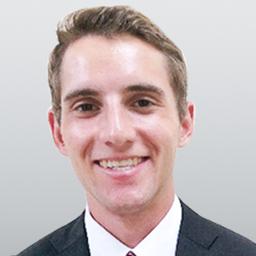In the growing climate of political correctness and progressive thought on college campuses across the United States, just how politically one-sided has it become for top tier schools?
At the University of California—Los Angeles, ranked number one out of the top public schools in the United States, the overwhelming majority of faculty lean left politically. According to an open secrets document showing donations to political causes by faculty in the University of California system, in the 2016 election 71 percent (or $5,003,285) of political donations went towards Democrats, while only two percent (or $169,235) went to Republicans.





